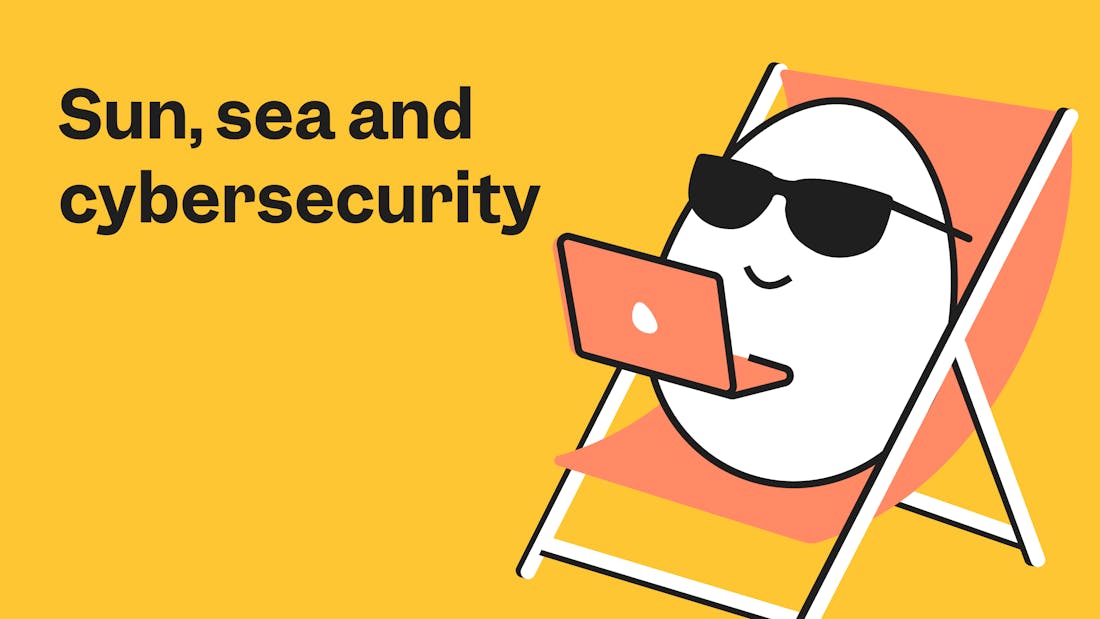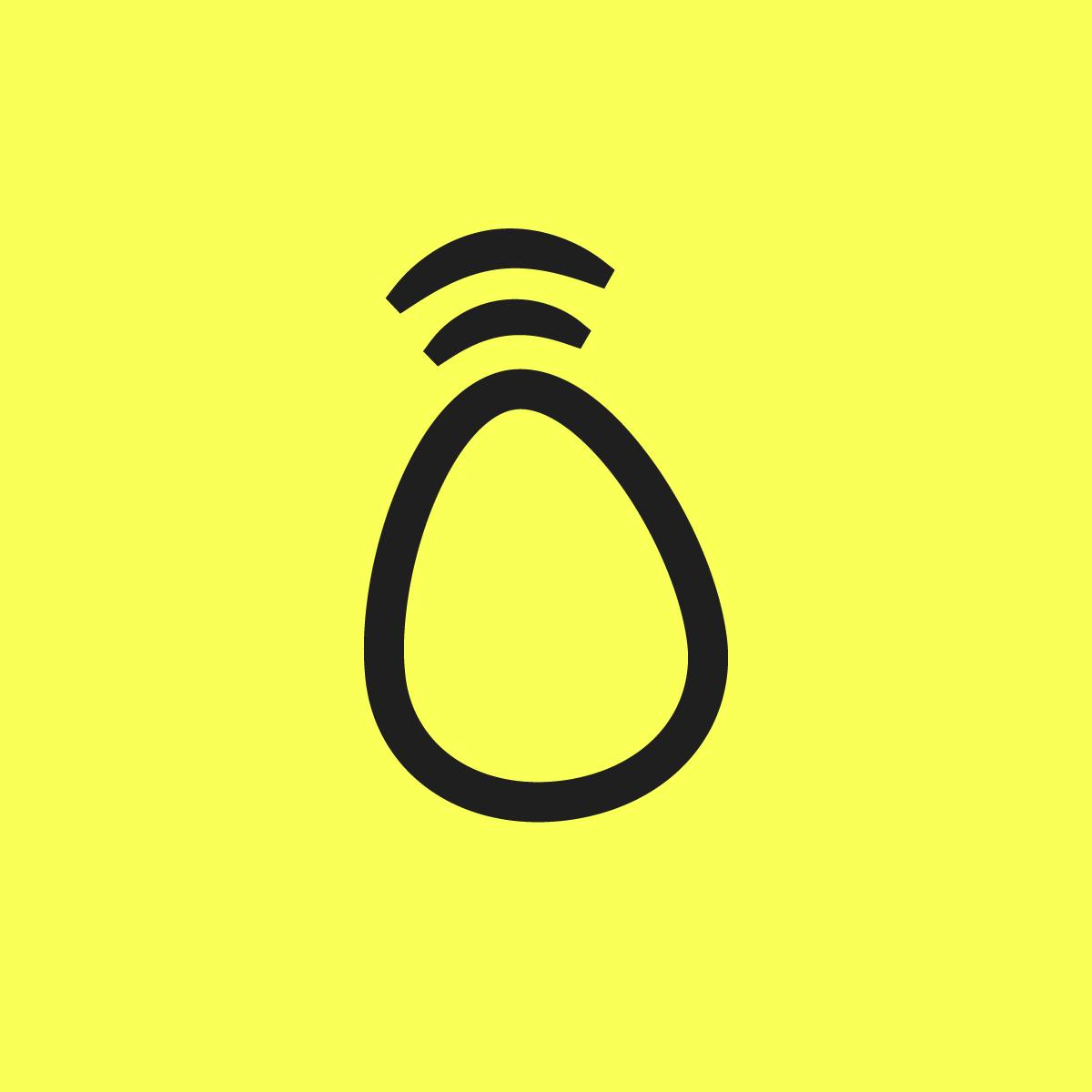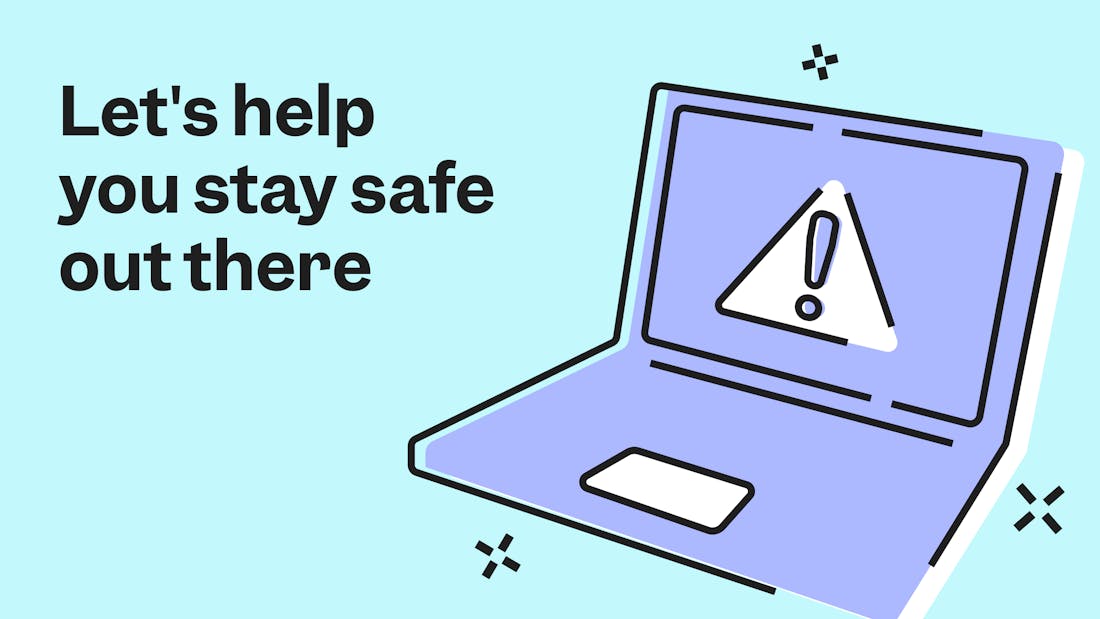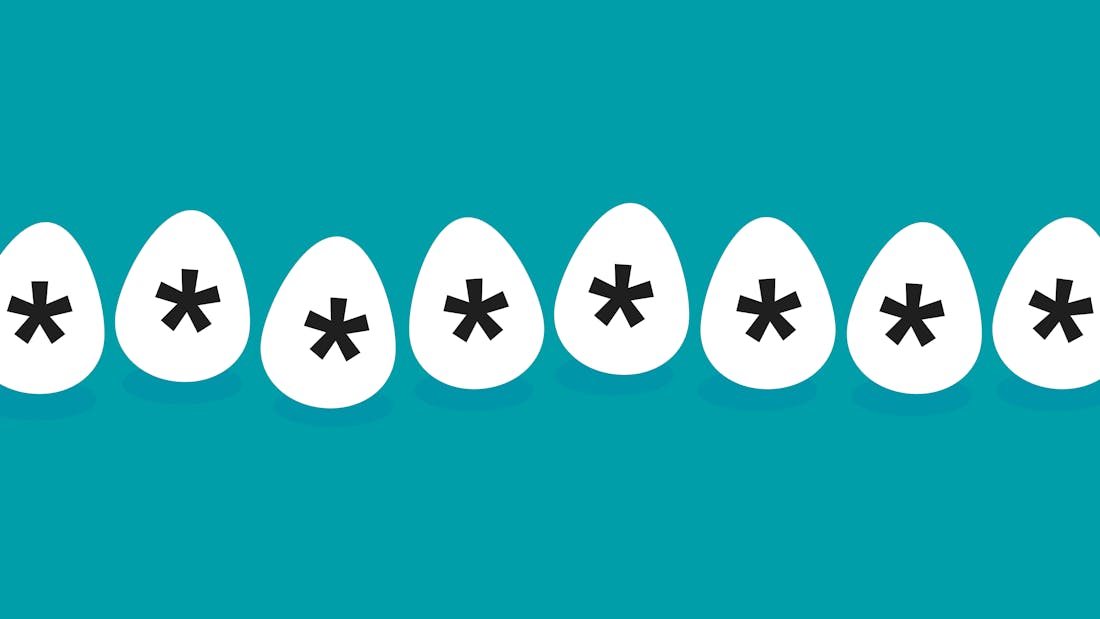
- ArticlesPrivacy & Security
Here’s how to protect your devices when travelling
Sunglasses, factor 50 and endless Peppa Pig episodes – all family holiday must-haves, right? Yep, even when we’re away, our tech tags along with us.


Team Cuckoo | Cuckoo HQ
Scammers. Hackers. Thieves. You already know they’re out there, right? But could you be doing more to defend yourself from the destruction they cause online?
If you're looking to build better cyber security habits, a good place to start is getting a VPN (that’s short for Virtual Private Network). It’s like an invisibility cloak that shields you from the baddies lurking on the internet. An extra layer of security that you add to your devices to keep your online activity private and personal data safe.
Let’s say you’ve got a few minutes’ downtime at the airport. Or your bestie is running late for your usual latte link-up. Again! And the inevitable happens… you jump online and look for free public Wi-Fi. Oof, we’ve all done it. But the truth is, that’s putting you and your privacy at risk.
A VPN creates a secure connection between your device and the internet. Hiding your location, scrambling your data and keeping you anonymous. Like your very own secret sidekick. It stops anyone from using a network to snoop at whatever you’re up to.
As if helping you keep your passwords, emails and bank details safe wasn’t enough, you’ll also stop websites and advertisers from keeping tabs on your location.
Plus, you’ll still be able to stream “UK-only” shows from abroad. Meaning you won’t miss out on the Casa Amor drama while sunning yourself poolside.
Ever work remotely? You’ll get extra protection for that too. Your work accounts are safer with a VPN, which is crucial if you and your laptop are always on the move.
Yep. Using a VPN is totally legal in the UK. Just don’t use it for anything illegal, like pirating content. That’s never cool.
Remember though, it’s always worth checking local laws and restrictions wherever you travel. You don’t want to land yourself in hot water abroad. Unless it’s at one of those thermal day spas, of course.
Go for strong security
Look for no-logs policies, a kill switch, and trusted protocols like OpenVPN or WireGuard.
Pick one that’s fast
If it’s a big server network that’s based near the UK, things will run smoother. Trust.
Keep it simple
Make sure the app is easy to use. And that it works on all your devices. Faff-free for the win.
Check the extras
Features like split tunnelling, ad blocking and 24/7 support are all nice little bonuses. So, grab them if you can.
Do your research
Read reviews and look at big names like NordVPN, Surfshark and ExpressVPN. Make sure you shop around and that whatever you choose meets your needs.
Just like anything else, prices vary depending on what you go for. Most VPNs cost somewhere between £2 and £10 a month. But if you’re willing to pay annually, you might earn yourself a cheeky little discount.
There are some free options to consider too. But expect limited speeds, lower security standards and much less choice when it comes to server locations. You get what you pay for.
Yes, it’s getting more and more common for people to have a VPN on their mobile. All the big-name VPNs have apps for both Android and iOS. And once you’ve got it all set up, it’s easy to tap it on and off as you please.
Look, a VPN is not completely foolproof. The disadvantage of using a VPN is that it won’t protect you from everything. It can’t stop malware, phishing scams, or easy-to-guess passwords. So, change it from your pet’s name immediately. They are, however, a brilliant layer of defence.
Use a VPN alongside other good cyber-security habits. Keep your software up to date. Use strong passwords. Enable two-factor authentication. And always, always, always stay alert to dodgy links and sites.
If you use public Wi-Fi, travel frequently, or just want more control over your data, a VPN is for you.
It helps protect your connection, adds privacy and gives you more freedom online. Just remember, it’s just one tool that should be used alongside others for the best protection.
Getting started is easy. Once you’ve settled on a provider:
📲Install their app and sign in
🤔Choose and connect to a server
👨💻Start browsing securely
💡Pro tip: Set your VPN to auto-connect when you join a public Wi-Fi network.
🔐 How to keep your device secure on holiday
🧼 Cyber hygiene hacks you can do in 2 minutes
📡 How to secure your smart home

Sunglasses, factor 50 and endless Peppa Pig episodes – all family holiday must-haves, right? Yep, even when we’re away, our tech tags along with us.

The internet’s all fun and games… until suddenly it isn’t. We’re helping you get to grips with the latest scams, so you won’t get caught out.

These days, it seems like you need a password for everything. Ordering food, paying bills, showing off your tan, you name it, you’ve got to enter the magical combination of letters, numbers and special characters.